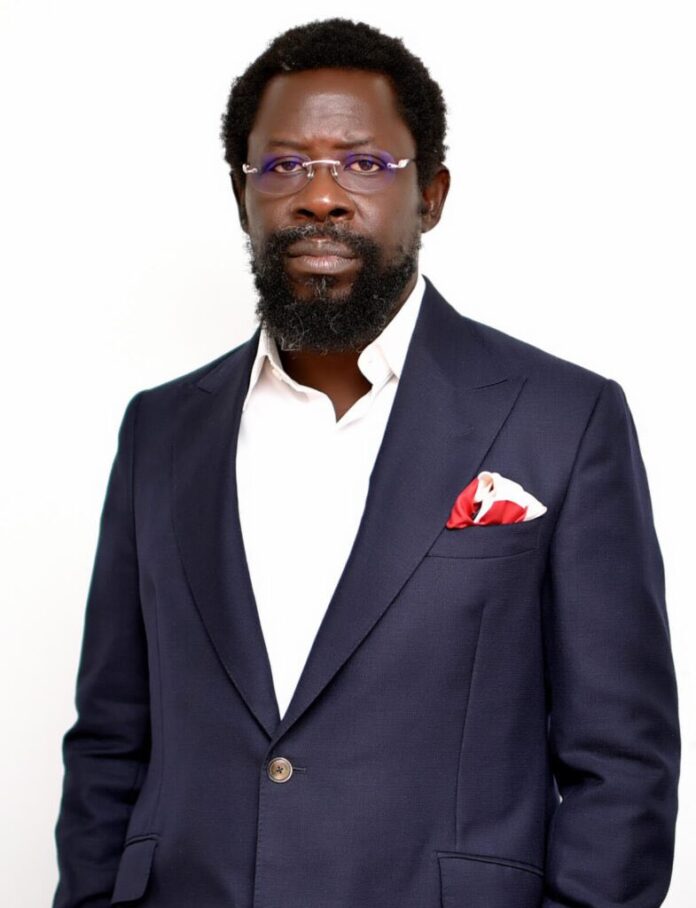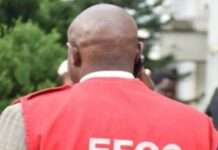Barrister Dele Farotimi, a Nigerian human rights lawyer and activist, was arrested on December 3, 2024, over allegations of defamation and cyberbullying. The arrest stemmed from a petition linked to his book, Nigeria and Its Criminal Justice System, which accused Chief Afe Babalola, a prominent legal figure and founder of Afe Babalola University, of influencing the Supreme Court for fraudulent judgments. The Ekiti State Police claimed to have a valid arrest warrant based on the petition but have not disclosed the complainant’s identity.
The arrest process was controversial. Police officers raided Farotimi’s Lagos residence, confiscated personal devices, and transported him to Ekiti in what some observers described as a “Gestapo-style” operation. Critics, including legal and civil rights groups, condemned the manner of his arrest and the broader implications for free speech and justice in Nigeria.
On December 4, Farotimi appeared before a Chief Magistrate’s Court in Ado-Ekiti, where he faced 16 charges. He pleaded not guilty, and his lawyers applied for bail, citing his health conditions and professional standing. However, the court deferred the decision, ordering his remand at the Ado-Ekiti Correctional Centre until December 10, 2024, when the bail application would be formally considered.
The case has sparked widespread criticism, with activists and organizations like the Nigerian Bar Association denouncing the arrest as a violation of rights and judicial overreach. Some argue that this incident highlights broader issues of judicial misuse and suppression of dissent in Nigeria.
The defamation case against Dele Farotimi revolves around allegations in his book, Nigeria and Its Criminal Justice System. In the book, Farotimi accused Chief Afe Babalola, a prominent lawyer and founder of Afe Babalola University, of corrupting the Supreme Court to secure a fraudulent judgment for his clients. This claim was reportedly the basis for the defamation charges.Farotimi’s accusations were part of broader critiques of Nigeria’s justice system, which he has long described as being susceptible to corruption and elite manipulation. These statements led to a petition against him, allegedly filed by Babalola, and subsequent criminal charges, including defamation and cyberbullying.The legal battle highlights concerns over the boundaries of free speech, especially in critiques of public figures and institutions. Critics of Farotimi’s arrest argue that the case is an attempt to suppress dissent and critical discourse on systemic issues.










